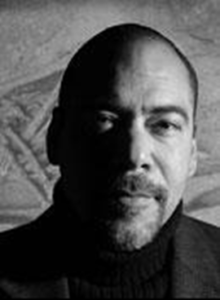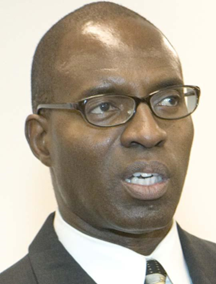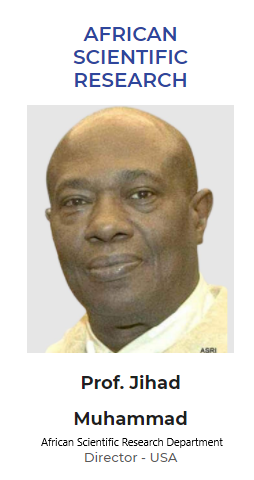History
In 1999, a group of scientists and educators, led by forensic anthropologist Jihad Muhammad, decided it was time to confront a serious issue within the African American community: Many African Americans do not know or understand their connection to the slavery experience and, lacking this connection, cannot verify their ancestral history. As a result, African American children often suffer from low self-esteem, which in turn affects how they respond to their environment. Muhammad proposed an organization that would apply the principles of biomedical and cultural heritage research to help investigate and trace the footsteps of African American progenitors in America between 1628 and 1888.




The organization was incorporated as the African Scientific Research Institute (ASRI) and launched its first major project: to piece together the past of Jean Baptiste Pointe de Sable, a fur trader of African descent who is now regarded as the founder of Chicago. ASRI chose de Sable because of his importance to American history and because very little was known about the man, his life, and the settlement he built on the western shores of Lake Michigan. Using scientific tools such as DNA profiling, Computerized Tomography (CT) scans, and laser analysis, ASRI researchers identified de Sable and other individuals of historic significance. Then they used advanced forensic techniques — facial reconstruction, for example — to put flesh on skeletal remains. And, finally, they conducted an archaeological investigation to find artifacts, tools, and buildings of the era in which de Sable lived. The result was a clear picture of the man: how he lived, where he lived, and why he made certain decisions.
Click here to link to the full article for more information.
Mission – Preserve African American culture as a legacy for future generations


